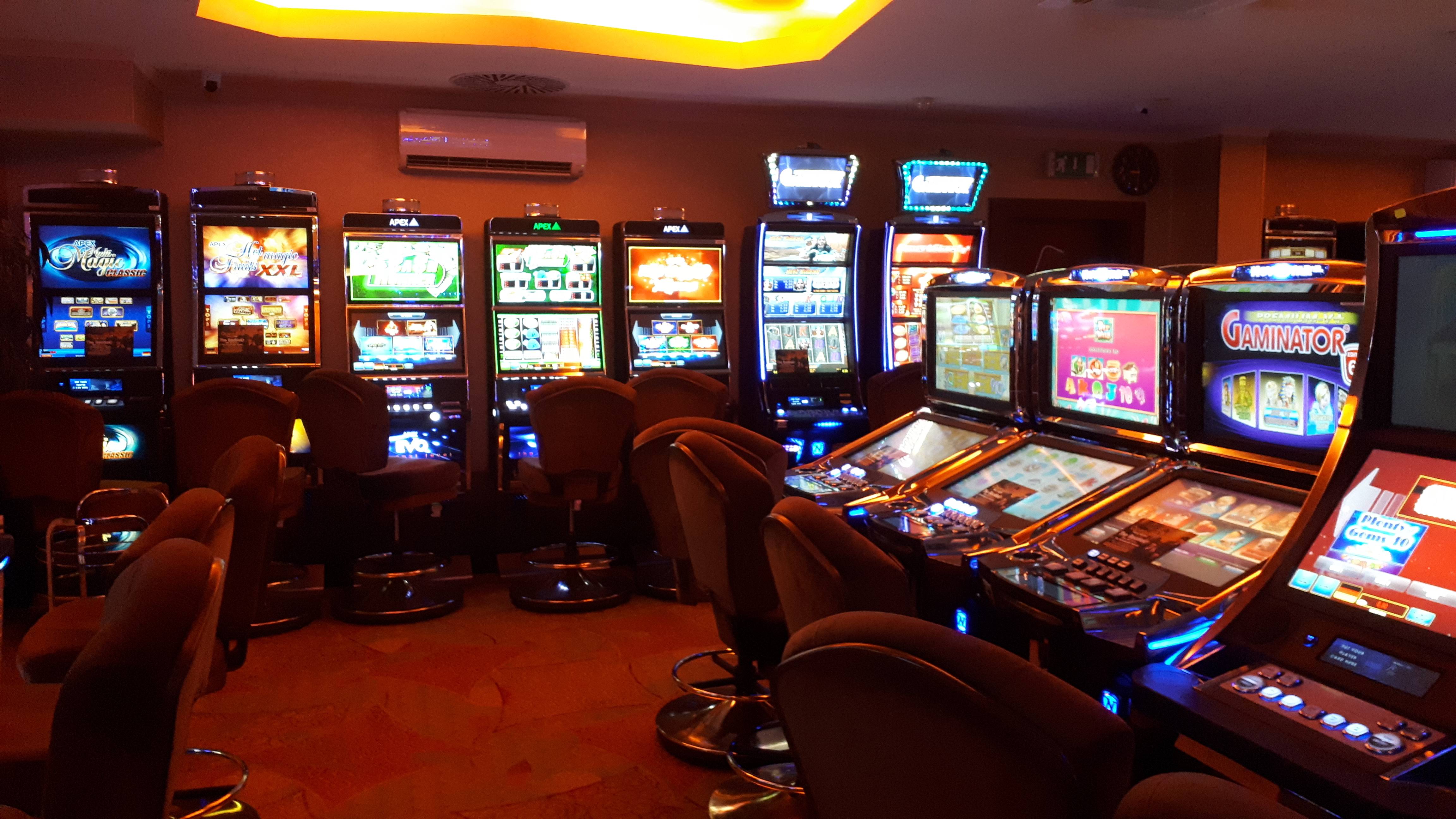
In the world of gambling, in which chance and strategy converge, a unique tapestry of beliefs emerges—one that intertwines luck, fate, and the enigmatic nature of casino games. Casinos, bustling with excitement and anticipation, are not just venues for placing bets; they are also arenas in which superstitions thrive. Ranging from the novice player to the seasoned gambler, these mysterious practices often shape how individuals approach the games they play, believing that their actions can impact the outcome in ways that go beyond mere probability. สมาชิก RICHES888
As players gather around roulette wheels, blackjack tables, and slot machines, the atmosphere is thick with stories of lucky charms, rituals, and codified behavior that defy logic yet provide a sense of comfort. It could be the case that it’s wearing a specific outfit, following a particular sequence of bets, or even avoiding certain numbers, the attachment to various superstitions reflects a deep-rooted desire to manipulate the uncontrollable. This article delves into the captivating world of casino game superstitions, examining the beliefs that simultaneously entertain and mystify those who dare to play.
Historical Roots of Superstitions
Gambling games have long been connected with an variety of superstitions that go back to primitive civilizations. The beginnings of these notions can be linked to humanity’s innate wish to control the unpredictable outcomes connected with chance and chance. In early civilizations, games of chance were often tied to ritualistic practices. Gamblers would invoke favor or request favor from deities, believing that their actions could influence the outcomes in their favor. This basis laid the groundwork for the variety of superstitions that spread as gambling evolved over centuries.
During the medieval age, betting became a common pastime across the continent, and with it, a rich tapestry of superstitions emerged. Participants adopted numerous rituals and charms, believing they could change the results of games. The value of digits, in particular, began to manifest in superstitions around card games and dice. The number seven was often considered favorable, while different numbers carried bad connotations. These beliefs mirrored the societal contexts of the time, adapting as they transferred through generations and changed to emerging gaming environments.
As casinos appeared in the 17th century, particularly in Italy and France, the atmosphere surrounding betting became steeped in mystique. The growing accessibility of gambling games allowed for the spread and growth of superstitions among players. Concepts like charmed charms, special seating positions, and rituals gained importance, creating a distinct culture within casinos. As these traditions continued to thrive, they became fundamental to the identity of gambling games, illustrating how history and society shape the belief systems that influence how players engage with chance.
Widespread Casino Myths
Beliefs surrounding casino activities are plentiful and varied, reflecting the hopes and anxieties of players as they participate in chance-based games. One of the most common beliefs is that certain numbers bring luck or misfortune. For example, the digit seven is often seen as a favorable number, frequently embraced by players looking for a positive result. Conversely, the number thirteen is routinely considered unlucky, leading many gamblers to avoid it during their gambling sessions.
Another common superstition relates to rituals that gamblers believe can affect their chances. Whether blowing gently on the dice before a roll, using a particular gesture to place a bet, or even putting on particular items of clothing, many individuals feel that these actions can sway luck in their benefit. These rituals offer a feeling of control in an otherwise unpredictable environment, reinforcing the idea that fortune can be manufactured through individual beliefs and habits.
Finally, the environment and vibe of the gambling house itself adds to superstition. Many gamblers suggest that the presence of specific symbols, such as four-leaf clovers or lucky coins, can enhance their chances of success. Additionally, gamblers might adhere to the notion that winning streaks can be interrupted by mundane events, such as someone passing by or a spill at the table. The shared environment in a casino can amplify these beliefs, creating a communal culture of superstitions that transcends individual experiences.
Impact of Superstitions on Players
Superstitions play a crucial role in the psychology of gamblers, often affecting their behavior and choices. Many gamblers believe that luck can be influenced through different rituals, such as wearing a lucky charm, choosing particular hues, or steering clear of particular digits. This reliance on superstitions can create a sense of authority in an environment that is intrinsically unpredictable. Players frequently feel more self-assured and engaged when they think that their actions could sway the outcome of a game in their advantage.
The influence of these superstitions extends beyond individual players, affecting the general atmosphere inside the casino. For instance, a player who believes in the luck of a certain slot machine might attract a crowd, as onlookers are fascinated by their apparent success. This shared belief can heighten excitement and create a lively environment, leading to an engaging experience even for those who may not necessarily be superstitious. The excitement around specific games can lead to higher participation and longer playing sessions, supporting the casino’s vibrant social scene.
In some cases, superstitions can lead to negative effects for players. Depending too heavily on rituals can result in poor gambling decisions, as some may ignore basic strategies in favor of baseless beliefs. Additionally, the pressure to perform rituals may increase anxiety and tension, detracting from the enjoyment of the experience. Ultimately, while superstitions can enhance the thrill of playing casino games, they can also lead to foolish choices that overshadow the fun and amusement intended in the casino experience.
